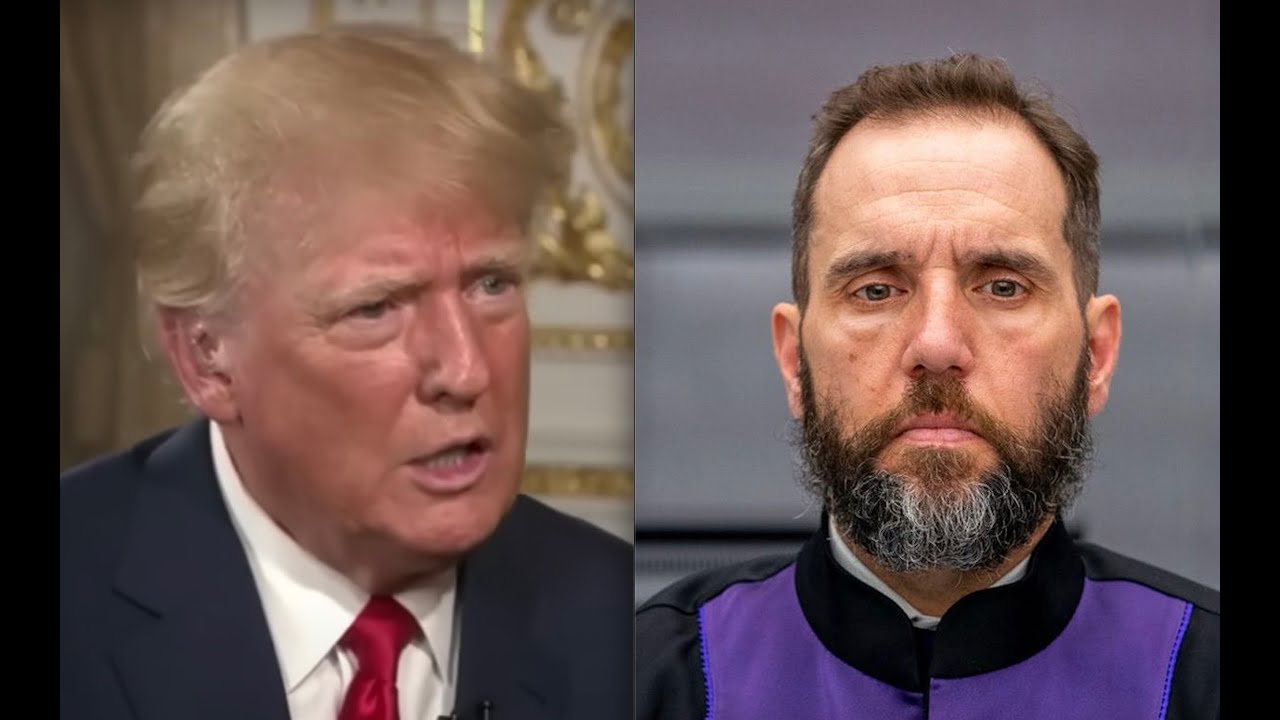Special Counsel Jack Smith has filed a motion seeking to bar former President Donald Trump from criticizing law enforcement over the deadly force authorization used during the infamous Mar-a-Lago raid. This legal maneuver aims to modify Trump’s conditions of release, adding fuel to an already blazing fire of controversy and setting the stage for an intense legal battle.
The heart of the matter centers around the August 8, 2022, raid on Trump’s Mar-a-Lago estate in Palm Beach, Florida, where FBI agents were authorized to use deadly force while searching for alleged classified documents. The recent unsealing of this authorization by Judge Aileen Cannon has reignited public interest and outrage, with Trump claiming that the government had plans to kill him. The former president did not mince words, stating on Truth Social, “BIDEN’S DOJ WAS AUTHORIZED TO SHOOT ME!” He went on to lambaste the raid as “Illegal and UnConstitutional,” accusing Joe Biden of being a “SERIOUS THREAT TO DEMOCRACY” and calling for his immediate removal from office via the 25th Amendment.
Trump’s incendiary comments have prompted Smith to argue that such statements pose a “significant, imminent, and foreseeable danger” to law enforcement agents involved in the investigation. Smith’s filing asserts that Trump’s false and inflammatory remarks distort the circumstances of the FBI’s search warrant execution and dangerously mischaracterize standard operational procedures as assassination plots. The motion emphasizes that these assertions put federal agents at risk of threats, violence, and harassment.
The filing indicates that the government coordinated the raid meticulously to avoid confrontation, planning it for a time when Trump and his family would be absent. Despite these precautions, Trump’s continued vocal attacks on law enforcement have prompted Smith to seek judicial intervention.
Prosecutors argue that Trump’s misrepresentations have endangered the lives of officers and jeopardized the integrity of the legal proceedings. They stress that the proposed gag order would not infringe on legitimate speech but is necessary to prevent further endangerment of law enforcement personnel.
That matters because when Trump was first indicted, his bond — which he signed — made clear that his continued release was conditioned on his compliance with certain terms. 2/
— Lisa Rubin (@lawofruby) May 25, 2024
For example, Trump’s order not only prohibits him from violating any federal, state or local law while on release but also precludes his speaking to any fact witnesses on a list shared with his lawyers about the facts of the case, except through their respective lawyers. 3/ pic.twitter.com/2pfMiIwILo
— Lisa Rubin (@lawofruby) May 25, 2024
Why? Because where a defendant violates a condition of his release, the consequences can include “the immediate issuance of a warrant for the defendant’s arrest, a revocation of release, and order of detention,” as well as a prosecution for contempt. 5/ pic.twitter.com/anJ5taGPD6
— Lisa Rubin (@lawofruby) May 25, 2024
However, Trump’s legal team has vehemently opposed the motion, arguing there is no imminent danger and criticizing the timing of the government’s conferral over Memorial Day weekend. They assert that Trump’s comments fall within his right to free speech and are part of his broader critique of what he perceives as a politically motivated witch hunt.
The motion has also raised speculation about potential consequences for Trump if he violates the proposed conditions. Legal analysts, including MSNBC’s Lisa Rubin, suggest that should the motion be granted and subsequently breached, Trump could face immediate arrest, revocation of release, and even prosecution for contempt.


Leave a Comment